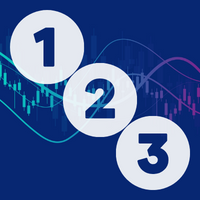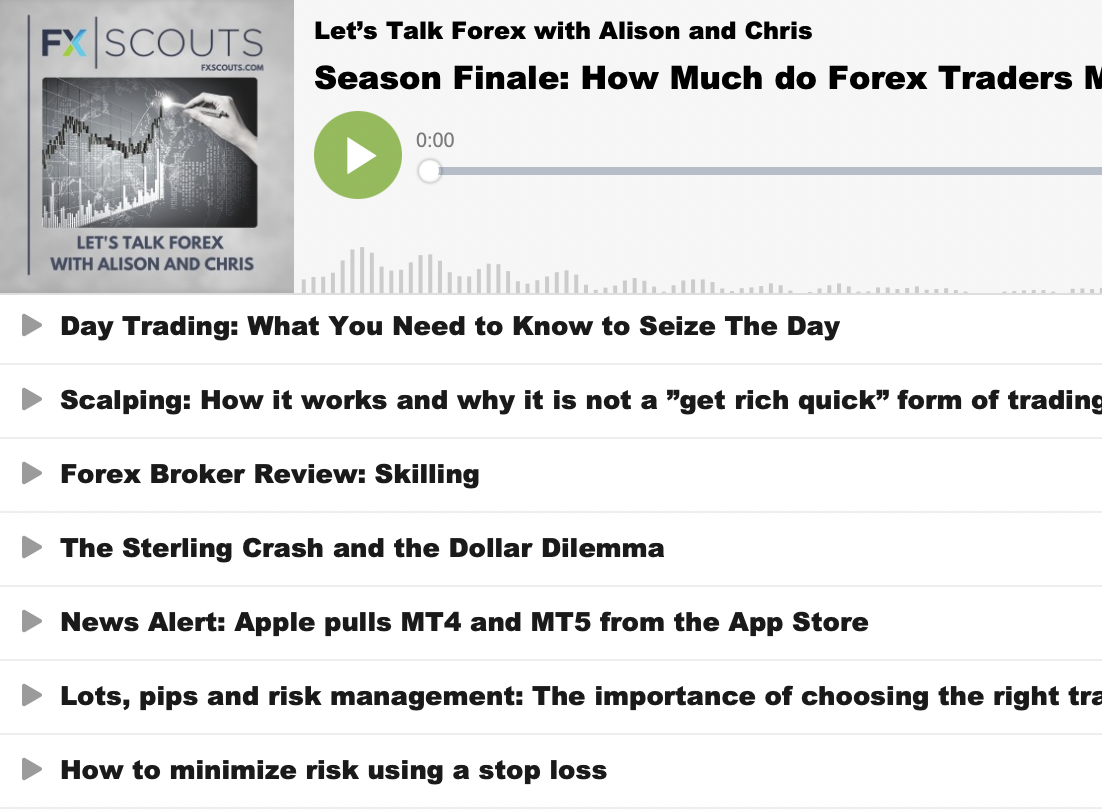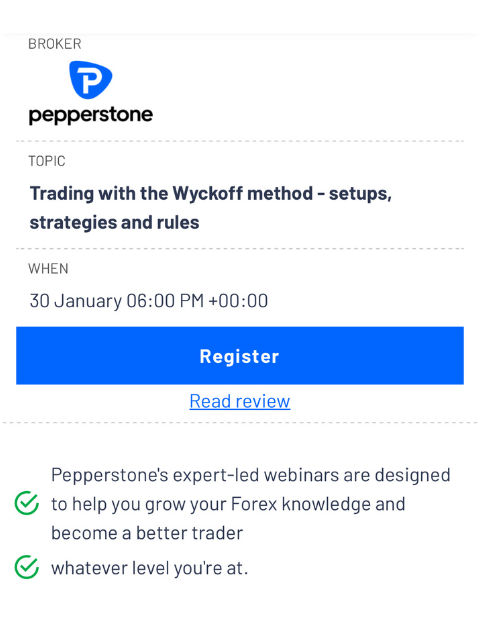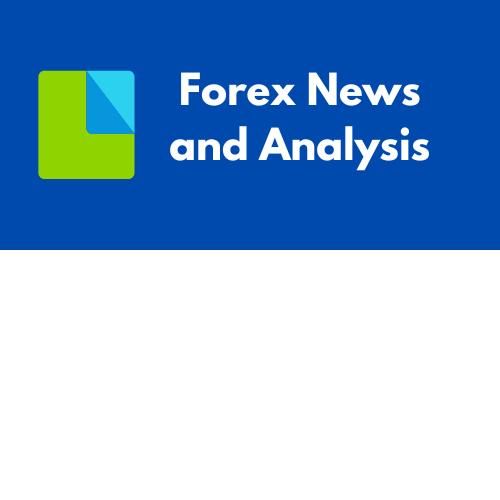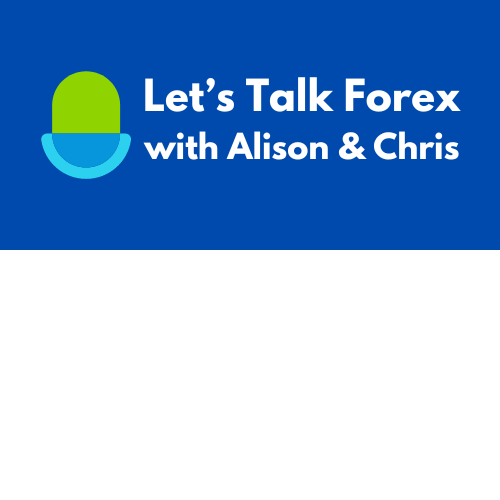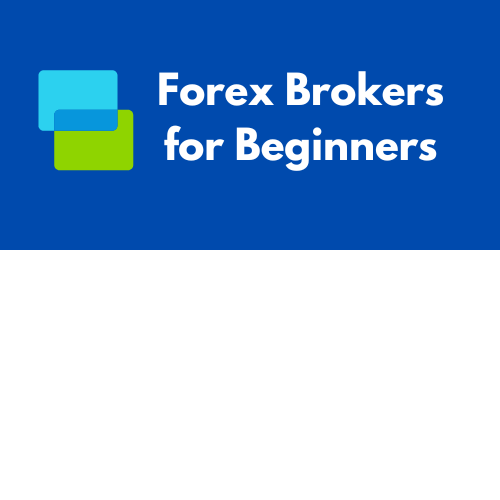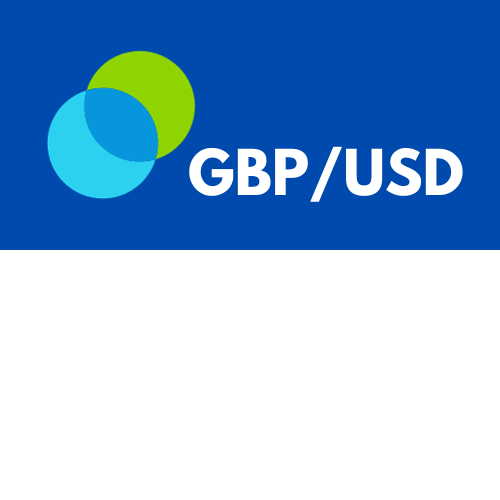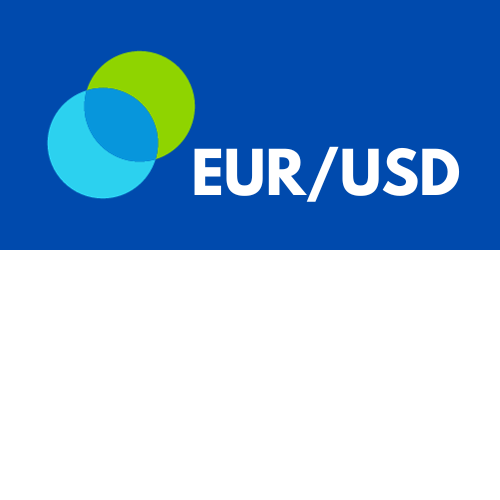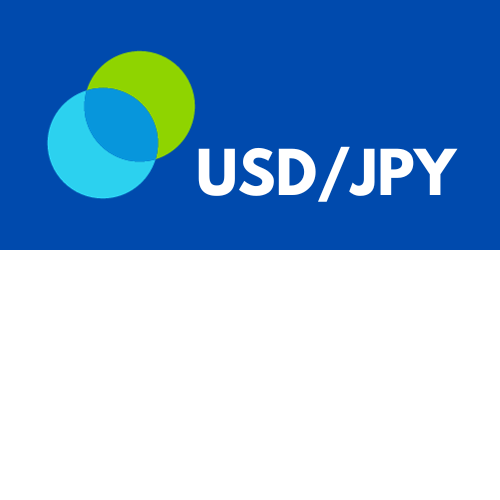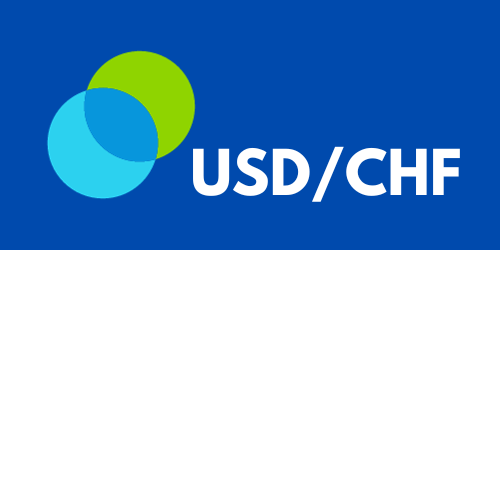- 180+ Forex brokers reviewed for Tanzanian traders using the latest data
- The most independent and accurate reviews of Forex brokers in Tanzania.
- Education which covers every aspect of Forex trading, from market hours to advanced trading strategies.
- Find a trustworthy broker that suits you
-
Best Forex Brokers
Our top-rated Forex brokers
-
No-deposit Bonuses
Live trading with no deposit
-
Brokers for Beginners
Start trading here
-
Forex Demo Accounts
Learn to trade with no risk
-
Lowest Spread Brokers
Raw spreads & low commissions
-
TZS Trading Accounts
Save on conversion fees
-
Islamic Account Brokers
Best accounts for Muslim traders
-
ECN Brokers
Trade with Direct Market Access
-
Market Maker Brokers
Fixed spreads & instant execution
-
All Trading Platforms
Find a platform that works for you
-
MetaTrader 4 Brokers
Top MT4 brokers in Tanzania
-
MetaTrader 5 Brokers
Top MT5 brokers in Tanzania
-
cTrader Brokers
Top cTrader brokers in SA
-
Best TradingView Brokers
The Top TradingView Brokers
-
Copytrading Brokers
Copy professional traders
-
Forex Trading Apps
Trade on the go from your phone
Discovering Reliable and Regulated Forex Brokers: Your Ultimate Guide
Access our comprehensive, up-to-date list of the best Forex brokers in Tanzania, complete with in-depth reviews and ratings. We grade each broker using over 200 metrics and strictly evaluate them based on their regulation, fees, platform options, education, and customer support.
Our evaluation is combined with input from real traders in order to give you a well-rounded picture of each broker’s strengths and weaknesses. Use our site to find the broker that suits your trading goals, experience level, and budget, and find out more about their latest promotions and bonuses.

Our Top Rated Forex Brokers 2024

- Leverage400:1
- PlatformsMT4, MT5, cTrader
- Min. Spread0
- Broker TypesNDD
- Min. DepositUSD 0

- Leverage1000:1
- PlatformsMT4, MT5, xm
- Min. Spread0.6
- Broker TypesMarket Maker
- Min. DepositUSD 5

- Leverage200:1
- PlatformsMT4, MT5, FOREX.com Web Trader
- Min. Spread0.7
- Broker TypesMarket Maker
- Min. DepositUSD 100
Unlock the Secrets to Successful Forex Trading in Tanzania
Forex trading is accessible to everyone and offers the potential for significant returns, but it is important to approach it cautiously to avoid losing money. Forex traders in India should choose a reputable and regulated broker to avoid getting scammed, educate themselves on Forex trading, create a trading plan and stick to it, develop a risk management strategy, practice trading on a demo account, stay informed and educated, and follow the global financial market news.
Latest Forex News and Analysis
Keep up to date with the latest market news and analysis. Our research team keeps a close eye on developments in the financial markets and Forex industry.
FXScouts Podcast: Let's Talk Forex
Season 3 just dropped! We cover how to minimise risk in Forex trading, trading psychology, Forex terminology, trading strategies, and interviews with top brokers.
Best Forex Brokers for Beginners
Explore top forex brokers tailored for beginners, ensuring a smooth start in the trading world.
Compare Forex Brokers Side-by-Side Using Complete and Accurate Data.
We are big believers in transparency. To help you make an informed choice, we publish our comprehensive broker comparison process and constantly update our State of the Forex Market report.



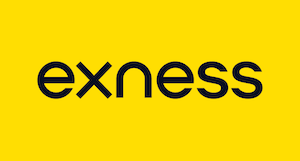


What is Forex Trading
Forex trading, derived from Foreign Exchange, is the process of exchanging one currency for another through secure online platforms connected to Forex brokers. Forex trading is a popular way for Indians to profit from trading the world’s largest financial market, with a daily trading volume of over $5.3 trillion. Forex trading in Tanzania is legal but unregulated, and Tanzanian Forex traders need to trade with Forex brokers regulated in other countries to ensure their security.
Every day, thousands of Tanzanian traders buy and sell currency pairs, such as the EUR/USD, hoping to make a profit through the fluctuations in exchange rates. It´s difficult to predict the changes in exchange rates between currencies. They are determined by complex economic, political, and technical factors, making Forex trading both a risky yet potentially profitable career.
Access all our Forex Guides
When it comes to navigating the world of Forex trading, our team conducts extensive research to bring you the most reliable, unbiased broker reviews. We also provide insightful guides that tackle all kinds of questions to help you make the right choice based on your trading needs. Access all our broker reviews, top lists, and guides here.
Major Currency Pairs
GBP/USD
Discover the best brokers for trading GBP/USD. Stay informed with live charts, current news and market analysis.
EUR/USD
Find the top brokers for trading the EUR/USD currency pair. Get access to live charts, up-to-date news and market analysis.
USD/JPY
Trade the USD/JPY currency pair with top brokers. Stay informed with live charts, news, and market analysis.
USD/CHF
Trade the USD/CHF currency pair using the top brokers. Access market trends, real-time charts and expert analysis.

About us
We’re a global team of Forex professionals. Our mission is to decrease the number of people who get scammed or lose money in Forex trading by providing education, highlighting serious brokers, and assisting Forex traders in finding the best-regulated broker for their needs. We test and review Forex brokers and create high-quality and meaningful educational content that furthers our readers’ interest in trading and education.
To read more about our methodology and how we rate Forex brokers, read all about our review process here. When you sign up for an account through our links, we sometimes earn a commission, which enables us to continue making our website better for you. To read more about who we are, how to contact us, and how we work, read our about us page.
FxScouts is wholly owned and operated by FxScouts Group AB, a privately held company founded in 2012. FxScouts Group AB is registered in Nyköping, Sweden and owns and manages all the brands and domains in the FxScouts network.



























